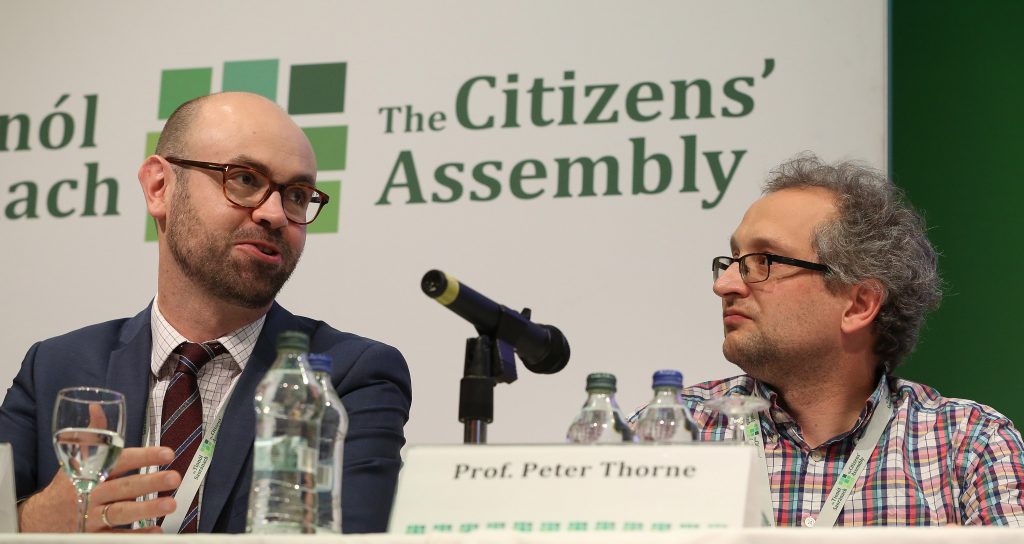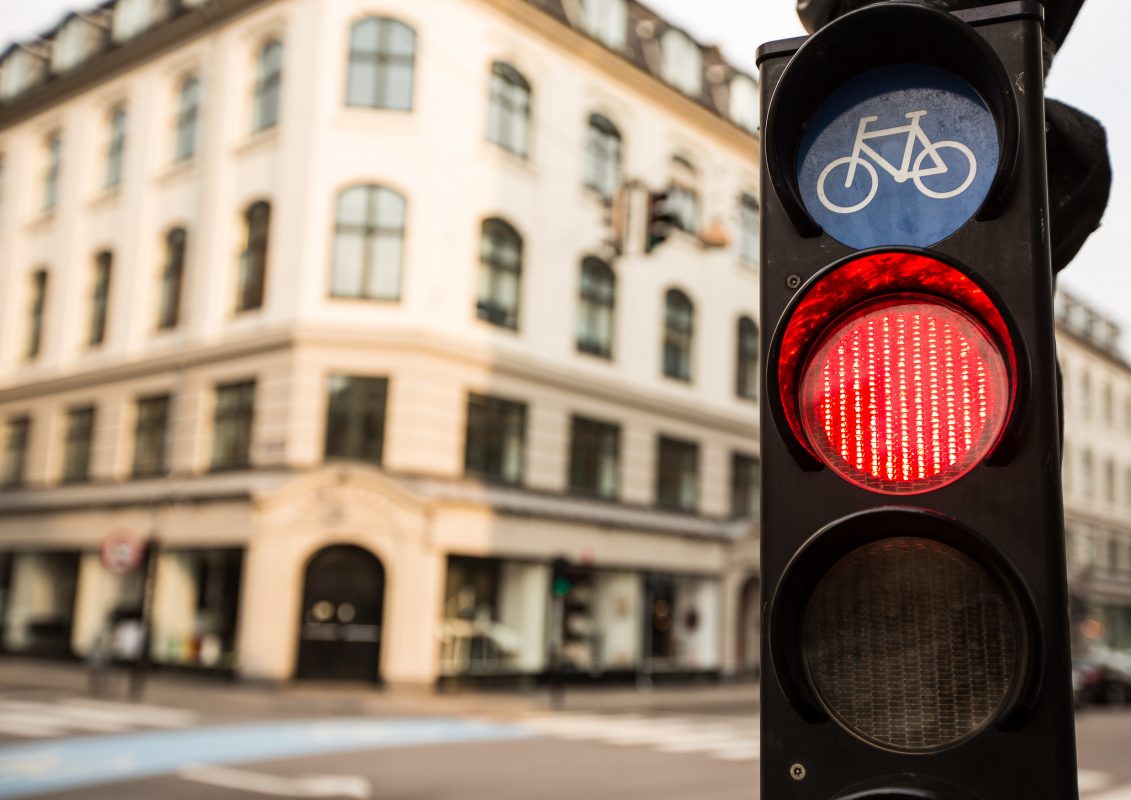Low-carbon transition still not a transport policy priority, report finds

May 23rd, 2019
A new report on the Irish transport sector has found that the low-carbon transition is still not a policy priority in Ireland, with fragmented views on the way forward across stakeholder bodies.
The National Economic and Social Council (NESC) report prepared Dublin City University outlines that a low-carbon transport transition would be better facilitated by changes to the broader policy system in Ireland.
The report highlights tensions between public and private actors within the transport system, as well as a rural and urban divide in terms of transport needs.
Rural towns and villages, for example, will more heavily on buses as a public transport option, while electric vehicles might hold more promise to decarbonise isolated rural households, the report finds.
“Understanding, developing and tailoring transport solutions to local contexts will thus be crucial,” the report adds.
While a transition to a low-carbon society by mid-century is a key goal of the State, the DCU-led report indicates that the low-carbon transition has yet to be embedded in our transport priorities.
In general, the report states, there is disagreement over what exactly a low-carbon transition might entail across transport sub-sectors.
A fragmented governance landscape has a big role to play in this, the report finds, with authority spread among a range of institutions with often competing perspectives and priorities.
“Current institutional mandates in the sector do not include a strong commitment to low-carbon transition and, for the most part… do not dominate everyday thinking, decision-making and actions,” the report states.
The report identifies several recommendations to strengthen a low-carbon transport sector, including the need for a more collaborative approach to overcome fragmentation in the sector.

Bottom-up approach
The report also points to more bottom-up initiatives, according to the report’s co-author Dr Laura Devaney, acknowledging “differences between transport solutions in rural and urban areas and between passengers versus freight transport”.
Another recommendation calls on the Government to provide “low-carbon leadership”, Dr Devaney added, so that transport actors are given a statutory mandate to deliver on low-carbon transition.
“Third, a variety of institutional remedies could be used to overcome existing tensions and challenges, including focused taskforces, multi-modal transport hubs and more deliberative forums,” she added.
Dr Diarmuid Torney, co-author of the report, added that these recommendations are “particularly pertinent” in light of the recent Oireachtas Committee report on climate action and Minister Bruton’s anticipated all of government plan for climate action.
“Ireland has struggled to decarbonise the transport sector. Emissions fell during the recession but have grown significantly since,” he said.
“The warnings from climate scientists are clear and urgent, and we cannot continue to kick the can down the road. We need to tackle transport emissions head on.”
NESC report
A separate NESC report also published today focuses on how to combine long-term climate ambition with an urgent and active policy process.
The report, circulated to Government departments and the Cabinet, indicates that a lack of easy or cheap actions to significantly reduce carbon emissions is delaying action, illustrated by the uncertainties in the transport sector.
“People working in the sector and experts agree on what is needed: a mobility system that is more effective and less polluting,” the Council said in a statement.
“However, they are clear that achieving a low-carbon transport system will not be either easy or cheap. To be truly ambitious about climate change we need to grapple with, not gloss over, this uncertainty and complexity.”
Earlier this week, Dublin Bus received its first hybrid double-decker buses that it says will reduce emissions and lessen the fleet’s impacts on air quality in the capital.
[x_author title=”About the Author”]







